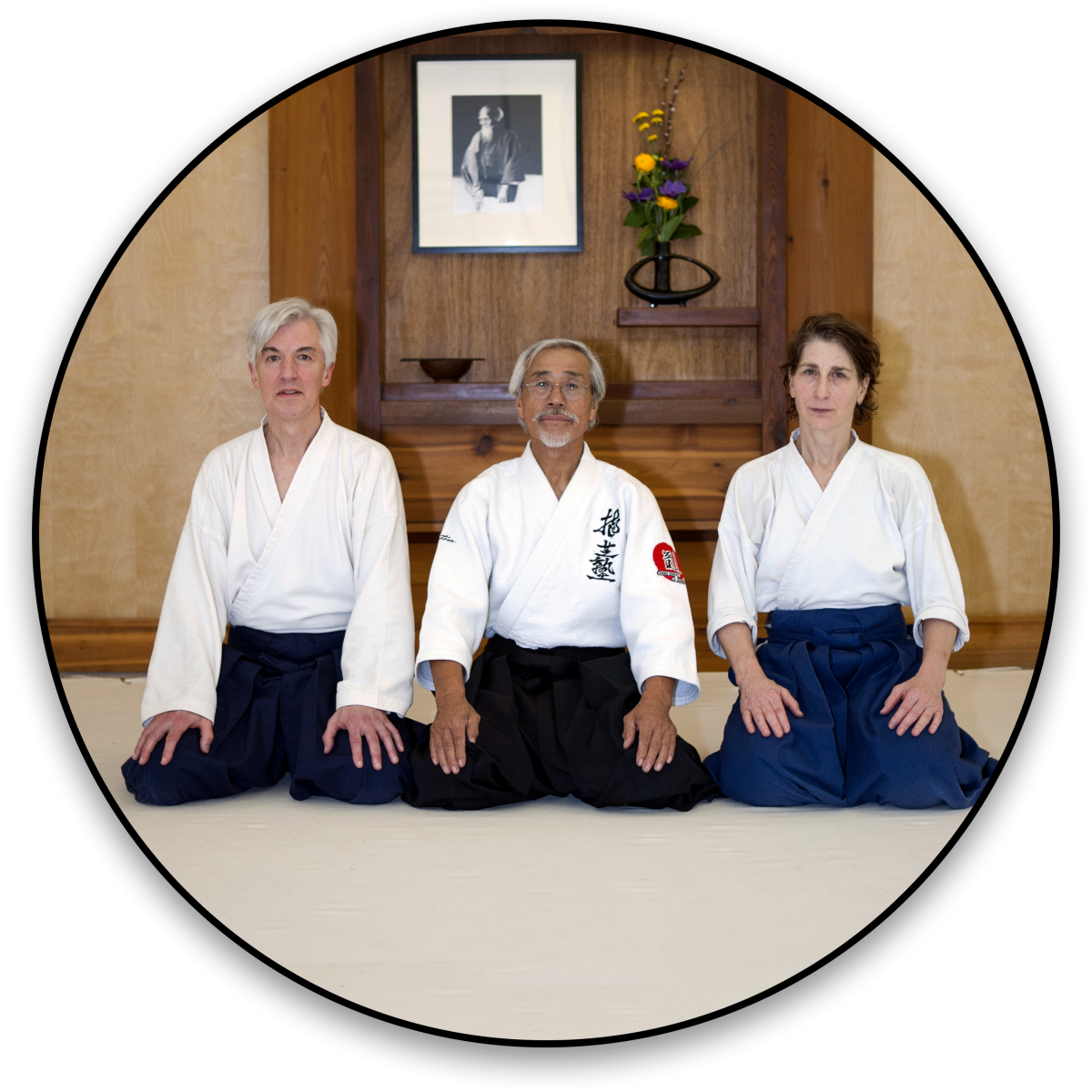Youth Program
Youth Class Schedule:
Wednesdays from 5:30 PM to 6:25 PM
Saturdays from 9:00 AM to 9:55 AM
If your child would like to try Aikido, please contact us so that we can help set you up for success. Rather than have kids observe a class as we require of adults, kids are welcome to participate in class as a way to see if it’s right for them. A uniform is not required for new and prospective students—comfortable clothes that permit free movement are fine. Long pants or leggings are recommended, and note that training is conducted barefoot on our canvas-covered mat.
Preregistration for Youth Classes
Preregistration for Youth Aikido is advised. Click here to download the required registration forms.
Aikido of Madison is proud of its youth program which has a 20 year history and is diverse in age, gender and race. Sensei Anastasia Saph and Sensei Sydnor Withers, and Sensei Sean McIlwain lead the youth classes. Our instructors (sensei) have many years of experience, having learned firsthand from our Youth Program Co-founder, Jeff Hempel Sensei. Jeff Sensei has taught martial arts to children for over 30 years. He co-founded the program with the late Mark Uttech Sensei. The youth program accepts children ages 5 through 12 and offers a caring compassionate environment for learning. Our goals for the program are to teach conflict resolution skills, increase attention span, increase awareness of surroundings and ability to focus.
Multi-age, Multi-size
Aikido works for all sizes and all ages. It does not rely on height or weight, so all age groups can practice together. The multi-age grouping has many positive outcomes. Siblings can train together. Older students can mentor younger students. Children over the age of 12 join the “regular” classes, training with other teens and adults.
Cooperative, not Competitive
Aikido is cooperative, not competitive. The students’ goal is not to “win,” but rather to practice and improve, and help their training partner improve. Our instructors help students learn to take care of their partner and keep them safe. This directly relates to their school life: working with others for a mutually beneficial outcome.
Conflict Resolution
One goal of Aikido is positive conflict resolution through practicing the skills of relaxation, focus and blending. By moving in harmony with their partner, students learn a much safer and more positive way of solving both physical and emotional situations.
Self-protection
Students learn self-protection concepts. They become “friendly with the ground” by learning to fall to avoid injury. They practice confidence building exercises. They learn how to “get off the line” and move to a safe place. They practice how to avoid conflict and how to disengage and flee. These skills will be useful throughout their lives.


